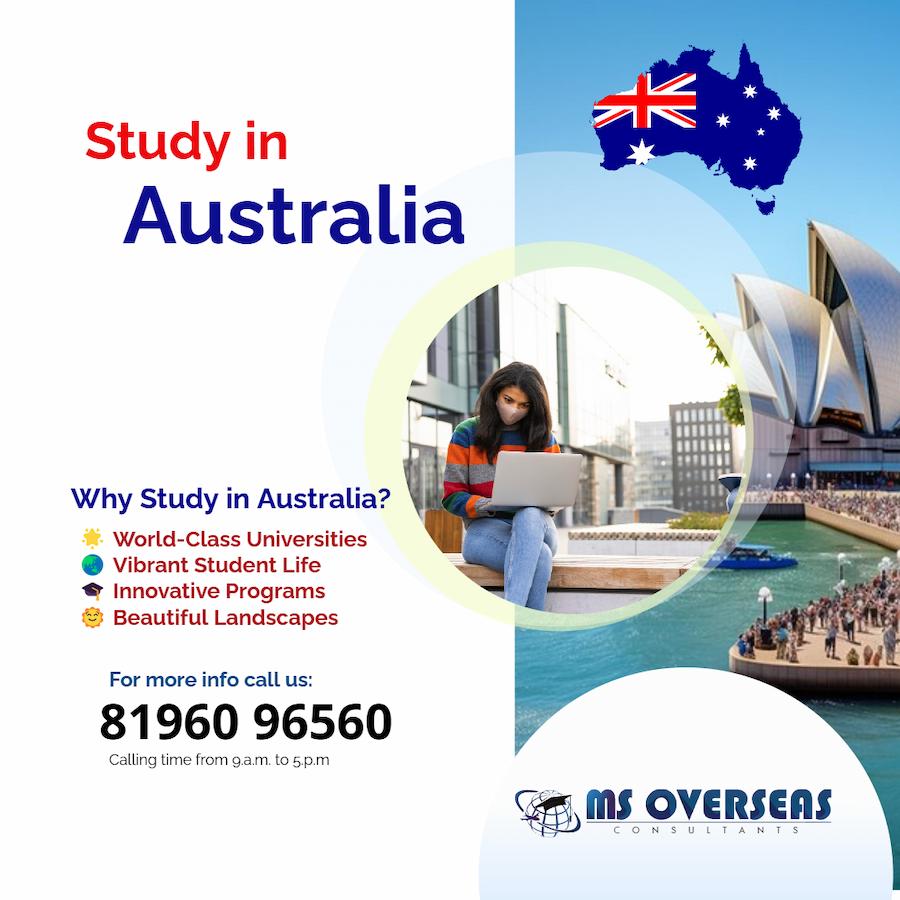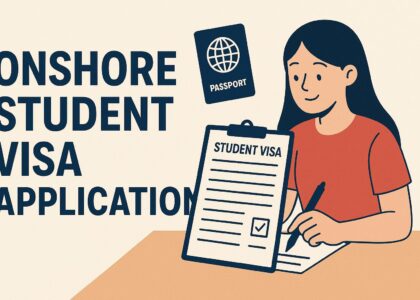In a significant policy shift, Australia has announced changes aimed at ending the practice of switching from visitor and graduate visas to student visas within the country. Effective from July 1st, these measures mark a strategic move by the Australian government to tighten visa regulations and streamline its migration policies. Australia New Visa Rules

Visitor Visa Holders Restricted from Applying for Onshore Student Visas
Under the new regulations, individuals holding visitor visas will no longer be permitted to apply for student visas while in Australia. This decision comes in response to concerns raised about the misuse of visitor visas as a pathway to extended stays under the guise of pursuing further studies. The Department of Home Affairs highlighted that over 36,000 applications were submitted between July 2023 and May 2024 for transitioning from visitor visas to student visas, prompting this clampdown to safeguard the integrity of Australia’s offshore student visa processes. Australia New Visa Rules
Graduate Visa Holders Directed Away from Further Study
Similarly, holders of Temporary Graduate Visas will face restrictions, being barred from applying for student visas within Australia after July 1st. This measure aligns with findings from the Grattan Institute, indicating that a significant proportion of graduate visa holders were returning to study upon visa expiration rather than transitioning to skilled employment or permanent residency. The government aims to steer graduates towards contributing directly to Australia’s workforce needs or alternatively, returning to their home countries if they are likely to remain in Australia temporarily. Australia New Visa Rules

Government’s Migration Strategy and Industry Response
Minister for Home Affairs and Cyber Security Clare O’Neil emphasized that these changes are part of a broader Migration Strategy designed to eliminate loopholes and ensure that Australia’s migration system prioritizes genuine skill acquisition over exploitative practices. The strategy also includes measures such as reducing post-study work rights and adjusting the age limit for temporary graduate visas, all aimed at halving net migration by the next financial year.
Industry Criticism and Concerns
The English Language Teaching (ELT) sector, represented by English Australia, has voiced concerns over the impact of these changes on genuine students and Australia’s tourism sector. CEO Ian Aird expressed disappointment, arguing that the reforms lack statistical evidence supporting widespread misuse of visitor visas for educational purposes. He highlighted the significant contributions of international students to Australia’s economy and cultural diversity, noting that many prospective students use visitor visas to explore educational opportunities and experience Australian life before committing to long-term study.

Balancing Migration Integrity with Educational Access
While the government asserts these changes are necessary to uphold the integrity of Australia’s migration pathways, critics argue they could deter legitimate students and diminish Australia’s attractiveness as a study destination. The debate underscores the delicate balance between safeguarding immigration processes and fostering educational and cultural exchange.
Conclusion
Australia’s decision to curtail visa switching from visitors and graduates to students reflects its commitment to reforming migration policies to better align with economic priorities and national interests. However, the impact on international students and the broader education sector remains a point of contention. As these measures take effect, stakeholders will closely monitor their implications for Australia’s reputation as a welcoming destination for international students and tourists alike.
Disclaimer: The views and opinions expressed in this article are those of the author and do not necessarily reflect the official policy or position of any government agency or organization mentioned. All information presented here is for informational purposes only and should not be construed as legal or professional advice.
Source: studytravel.network
Also read:
- Onshore Student Visa Application: Complete Guide for International Students in 2025
- Australia’s New Student Visa Rules in 2025 – Expert Tips for Indian Students
- How to Improve English & Communication Skills in Australia
- Top Tips for International Students in Melbourne: A Complete Guide
- Your Ultimate Guide to Pursuing an MBA in Australia – Everything You Need to Know





